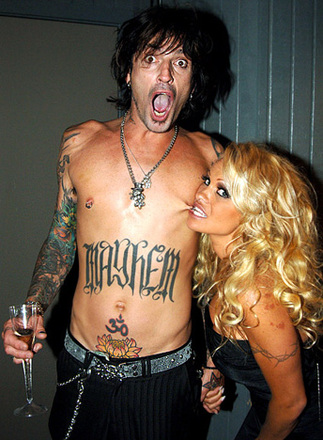 Rock N' Roll: Tommy Lee & Pamela Anderson
Rock N' Roll: Tommy Lee & Pamela Anderson Fans of the ABC political drama, Scandal, seemed to collectively swoon and re-quote on Twitter when lead character Olivia Pope (Kerry Washington) delivered that line, breaking up with her current boyfriend to continue her convoluted, adulterous affair with President Fitzgerald Grant III (Tony Goldwyn). I shook my head and thought, “I’m going to make a blog post out of this one day,” and here we are. So many people, including myself, to a degree, have fallen into that trap of believing that it isn’t “real love” unless it drives you nearly insane. People figure that if any one person can drive and control their feelings so easily or make them want to “risk it all,” they must be their soul-mate, but the passionate arguments and extreme emotional highs and lows (often accentuated by satisfying, lustful sex) are just a smoke screen that could damage your being and keep you from experiencing a healthier (and equally sexy) relationship.
There are many reasons why a toxic relationship is like a hard-to-kick habit for some, but a main cause is that the adrenaline that comes with it is addictive; it’s like romantic Red Bull. It is sheer energy, having intense love and hate for someone and having to fight every second for you and your love to survive. Like a burn or a bungee jump, it makes people feel and know they’re alive. The drama is stressful, but it keeps life from being monotonous, and for those struggling with emptiness, it can give a sense of purpose or something to focus on. No matter how strenuous or breaking, test after test and trauma after trauma are tolerated because it’s thrilling to see if you’ll come out on the other side; people get swept off of their feet at the idea of “overcoming all odds.” Chasing this is part of the reason why people take up with “bad boys,” “bad girls” or “wounded puppies;” they come with conflict or a challenge.
There are so many other psychological and emotional stimulants that keep people attached to their James Dean or Amy Winehouse. Some do it simply because they’re bored or like the rebellion of it all; they get off on doing something people advise against, find gossip-worthy or consider “unusual for them.” For others, it’s an (sometimes subconscious) exercise in stroking and rewarding their own ego. When you’re dating a troubled person, you feel needed, useful. You feel special because you get the impression that you’re the exception to their rule; you’re the only person that can “get through” to them and they’re different around you. You pat yourself on the back if they appear to be making “progress” or “cleaning up.” You love it when they (or others) tell you how “good” you are for them. You gradually build this savior complex and think that the universe, God, destiny or some omnipotent, powerful force put you in this person’s life and chose you to be the one to help patch them up. When A) the toxicity reaches all time high, B) the codependence gets to be too much, and/or C) wisdom kicks in and you realize you can’t fix anyone or make them whole (their wounds are bigger than you; their growth and healing starts from within), you decide you want to leave, but you don’t because you now have consequential savior guilt. You don’t want to be another person that left or abandoned them. Maybe you’re worried they won’t handle the breakup well and will delve further into the abyss. In the unhealthiest of dynamics, a person will guilt you for trying to leave or they will go to extremes, like harming themselves or faking a pregnancy, to make you stay.
“Is this just a silly game…forces you to scream my name, then pretend that you can't stay…when I try to walk away, you'd hurt yourself to make me stay, this is crazy…this is crazy…”--Lauryn Hill (Ex-Factor)
If your savior complex goes uninterrupted by guilt, you’re likely suffering from “potential-itis.” So many people haven’t said “adios” because they’re concentrating on what could be instead of what is. Getting or staying with someone because of their potential is unwise because there are no guarantees you’ll get what you’re hoping for and get a return on your time and emotional and physical investment. It could end up going well, by why play Russian roulette with your heart and happiness instead of choosing someone with better odds?
“Potential-itis” is a sub-symptom of another condition I like to call “I’m Not Going” Syndrome. “And I Am Telling You, I’m Not Going” is a song from the Broadway play and film adaptation Dreamgirls, where the character Effie demands “you’re going to love me” to her already-gone boyfriend, Curtis, and insists they’re experiencing just a rough patch and not a conclusion. Curtis was far done with the relationship, but Effie was taking her precious time seeing it…alone. ING Syndrome tends to occur when a union has gone well for a period (even if it’s brief) and starts to go south. “Potential-itis” is high in this scenario because you’ve seen great days with your mate. It wasn’t always this way, so you’re convinced the turbulence is an isolated situation, but there were red flags you ignored or a pattern forming that you know in your gut isn’t going away soon. You’ve turned off of “Honeymoon Avenue” (good Ariana Grande song), down “Point of No Return” road. Like Effie, you think if your mate “would just act right,” or if you could cut out all the crap and external issues (like the craziness or instability going on in your lover’s life), your romance could be great, but the circumstances are now beyond your control. You only have power over yourself; you can’t make anyone think, feel, say or do anything and you can only manipulate your environment so much. If your partner isn’t actively making changes or cooperating with you to improve the atmosphere, *Mariah Carey voice* it’s probably a wrap.
“In another place or another time, we would’ve been beautiful, but we weren’t in another place or another time. In the here and now, we were disastrous for and to each other, even though we had a special and strong connection. I had to accept the writing on the wall. I didn’t have the power to make another place and time. There would be nothing left of me now if I continued to deny that truth.”--A friend of mine said of their experience with “crazy love”

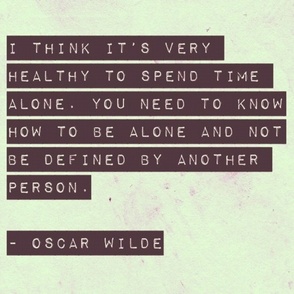

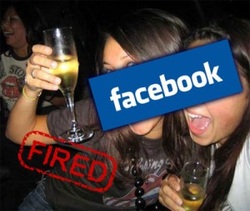
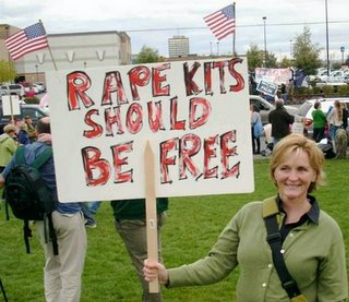
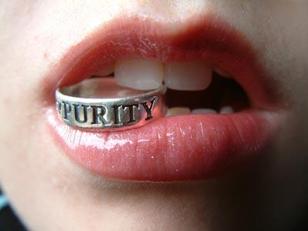

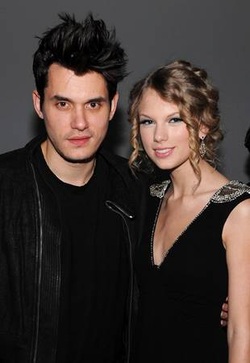

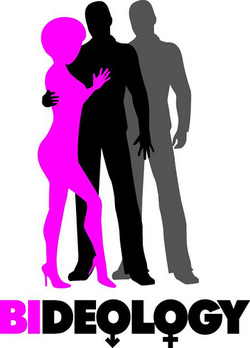







 RSS Feed
RSS Feed